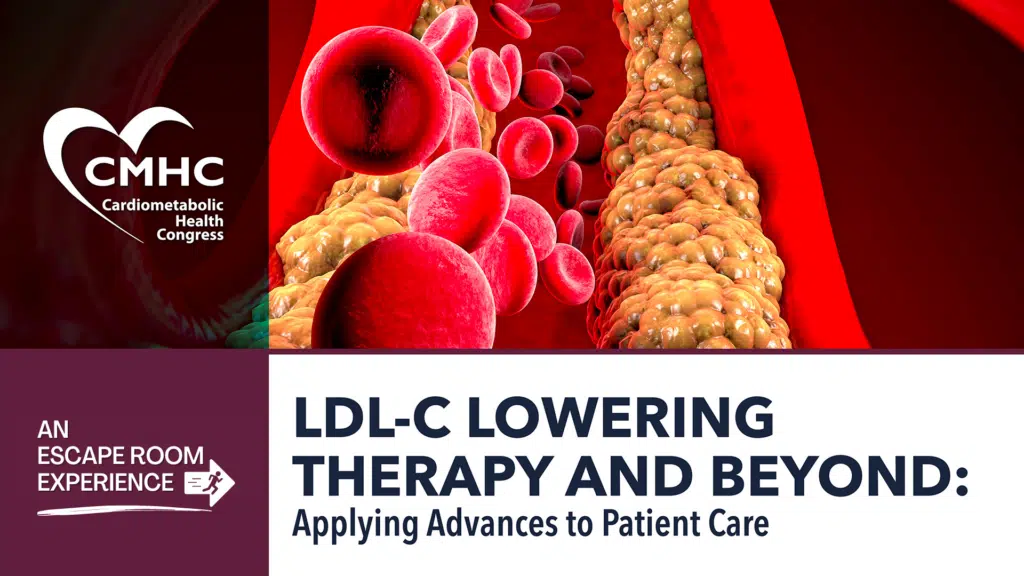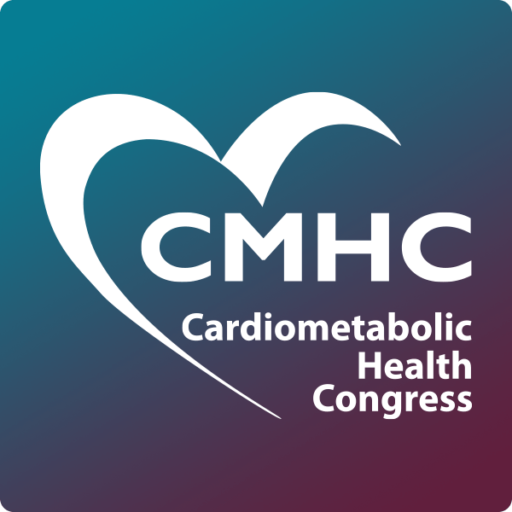Lipid Management
Dyslipidemia is the imbalance of lipids such as cholesterol, low-density lipoprotein cholesterol, (LDL-C), triglycerides, and high-density lipoprotein (HDL), resulting from diet, tobacco and alcohol use, sedentary lifestyle, or genetic factors such as familial hypercholesterolemia. It is a leading cause of cardiovascular disease and may contribute to severe complications.
CME Activities
News Digest

FDA Extends Approval for Alirocumab to Lower LDL-C in Pediatric Patients with HeFH
Addressing an Unmet Need in Pediatric Patients with HeFH Heterozygous familial hypercholesterolemia (HeFH) affects about 1 in 313 people—characterized by dangerously high low-density lipoprotein cholesterol (LDL-C)

FDA Expands Labels for Bempedoic Acid Tablets and Combination Bempedoic Acid and Ezetimibe Tablets to Reduce Cardiovascular Risk
Introduction: Addressing the Need for Improved LDL Management in the US There is a clear need for innovative treatments to combat cardiovascular disease (CVD). Heart
Cardiometabolic Health Congress Becomes First Organization to Offer Certification in Cardiometabolic Health
Learners who complete the Foundations of Cardiometabolic Health Certificate Course offered by Cardiometabolic Health Congress are now eligible to sit for a certification exam to
Cardiometabolic Health Congress (CMHC) Launches Focused Digital Education Hubs
Cardiometabolic health education leader CMHC announced that its digital education has been streamlined into 12 hubs organized by therapeutic or clinical topics for focused learning
Cardiometabolic Health Congress Hosts 2023 Women’s Masterclass in California
In August 2023, Cardiometabolic Health Congress will host the annual Women’s Cardiometabolic Health and Wellness Masterclass at the Laguna Cliffs Marriott Resort & Spa Informed

Care in (un)Common Settings with Dr. Keith C. Ferdinand
Cardiometabolic Health Congress (CMHC) sat down with Dr. Keith C. Ferdinand, the Gerald S. Berenson Endowed Chair in preventive cardiology at Tulane School of Medicine
Expert Highlights and Perspectives
Lipid-Lowering in Women: Additional Perspectives
Additional Insights on the Spectrum of LDL-C Lowering therapies and Efficacy in Women
Patient Story: Agnes' Journey

Patient Story: Take Home Messages for Clinicians

Recap of Major Lipid-Lowering Trials at 2023 ACC
Watch Dr. Ballantyne and Dr. Michos discuss key trials in lipid lowering presented at 2023 ACC, including CLEAR Outcomes with bempedoic acid, a phase 2 trial with oral PCSK9 inhibitor MK-0616, as well as their potential implications. Recorded March 10, 2023
Lipid Management in the Post-ACS Patient
Watch Drs. Ballantyne, Taub, and Virani discuss some practical pearls about the optimization of lipid-lowering therapy in patients with a recent MI or an acute coronary syndrome (ACS) event. They discuss suboptimal LDL-C levels in these patients, reasons for these gaps, and how to lower LDL-C levels early and effectively with evidence-based therapies in order to minimize the risk of recurrent events. (Recorded June 20, 2022).
Expert Perspectives and Recent Developments in LDL-C Lowering
Watch Drs. Ballantyne, Michos, and Saseen discuss some practical pearls about recent developments in LDL-C lowering. They discussed combination therapy and constantly evolving lipid therapy, including data about monoclonals, and siRNA, also presented at 2022 AHA meeting. Recorded on Dec. 14, 2022.
CMHC Annual 2021 Lipid Management Panel
CMHC Chairs Christie Ballantyne, MD and Robert Eckel, MD, as well as CMHC faculty Matthew Budoff, MD recap the lipid sessions presented at the 16th Annual CMHC, including perspectives and clinical pearls on ASCVD risk assessment, residual ASCVD risk, and ASCVD management and prevention.
Lipid Management in Very High-Risk Patients Post-MI: Expert Perspectives with Drs. Taub, Desai, Shapiro

MD, FACC
Watch Drs. Taub, Desai, and Shapiro discuss some additional perspectives on the management of very high-risk, including:
- The safety of very low LDL-C
- Concerns with statins and new-onset diabetes and how to address overall patient concerns about lipid-lowering therapy
- Residual ASCVD risk beyond LDL-C
Resources
Drug Pipeline
LDL-C Lowering
Lp(a) lowering
Triglyceride lowering
ASCVD = atherosclerotic cardiovascular disease; | HTG = hypertriglyceridemia; | siRNA = small interfering RNA | ASCVD = atherosclerotic cardiovascular disease; | CVD = cardiovascular disease | HeFH = heterozygous familial hypercholesterolemia | HoFH = homozygous familial hypercholesterolemia | HTG = hypertriglyceridemia | Lp(a) = lipoprotein (a); | PCSK9 = Proprotein convertase subtilisin/kexin type 9 interfering RNA | siRNA = small;


























